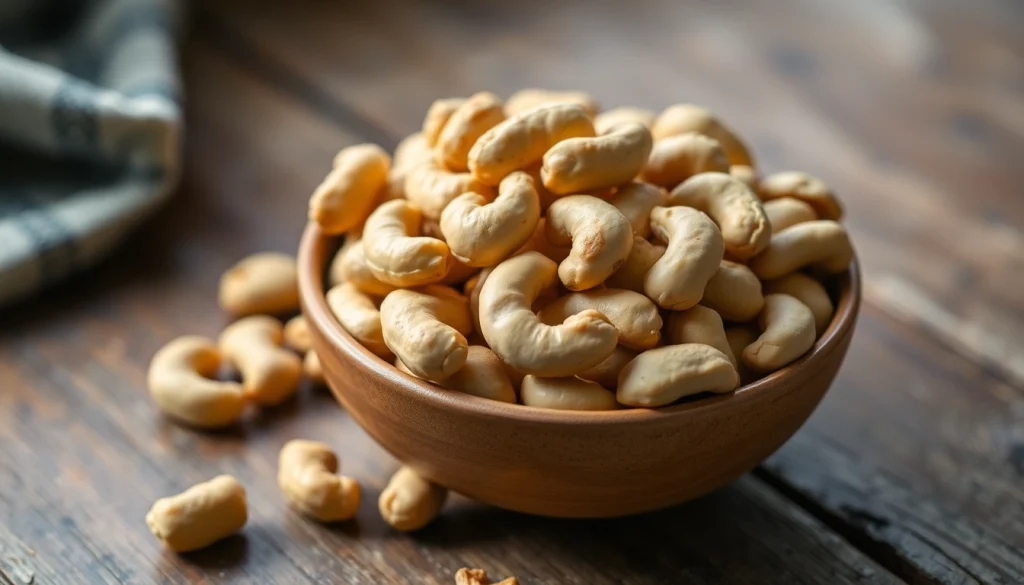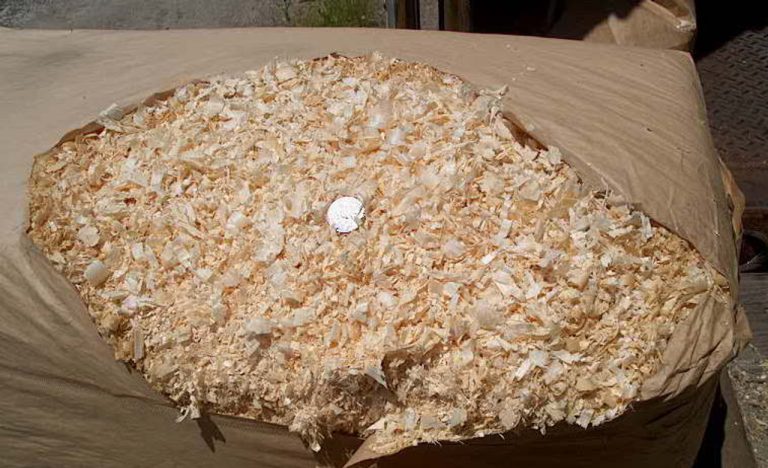
Introduction to Cashew Nuts
Cashew nuts, often described as the gourmet nut of choice, are highly prized for their distinctive flavor, creamy texture, and versatility. These kidney-shaped seeds are cultivated from the cashew tree (Anacardium occidentale), native to the coastal areas of Brazil. Today, cashews are extensively cultivated in tropical regions around the world, including India and Vietnam. Known for their health benefits, cashew nuts have become a staple in various cuisines and a popular snack among health-conscious individuals.
What are Cashew Nuts?
Cashew nuts are technically seeds that grow from the cashew apple, a fruit which is also edible. The cashew nut is often referred to as a “nut” in culinary contexts due to its nut-like properties and culinary applications. The cashew seed is rich in nutrients and is often consumed roasted or raw, making it a versatile ingredient for culinary use and a nutritious snack.
The History and Origin of Cashew Nuts
The cashew tree is thought to have originated in Brazil during the 16th century. Portuguese colonizers played a crucial role in spreading the cashew tree to other parts of the world, particularly to India and Southeast Asia. Initially, the primary use of cashews was not for their seeds but for their apples, which were made into alcoholic beverages. Over time, the nut itself gained popularity for its creamy taste and nutritional benefits, emerging as a key player in international trade.
Culinary Versatility of Cashew Nuts
What sets cashew nuts apart is their remarkable adaptability in various cuisines. They can be utilized in multitude forms – whole, chopped, or even as a ground powder. Chefs incorporate them into savory dishes, soups, stews, salads, and desserts. Additionally, cashews can be transformed into creamy sauces or dairy alternatives, such as cashew cheese and cashew milk, making them an essential ingredient for vegan diets.
Nutritional Profile of Cashew Nuts
Cashew nuts are not only irresistibly tasty but are also packed with nutrients that contribute to overall health. Understanding the nutritional profile can help consumers make informed decisions about including them in their diets.
Vitamins and Minerals found in Cashew Nuts
Cashew nuts are an excellent source of essential vitamins and minerals, including:
- Copper: Vital for energy production, iron metabolism, and the formation of connective tissue.
- Magnesium: Important for maintaining normal muscle and nerve function, regulating blood sugar levels, and blood pressure.
- Zinc: Crucial for immune function, protein synthesis, and wound healing.
- Iron: Essential for the formation of hemoglobin in red blood cells.
In addition to these minerals, cashews also provide B vitamins, particularly B6, which plays a role in cognitive development as well as neurotransmitter synthesis.
Caloric Content and Dietary Fiber in Cashew Nuts
Cashew nuts are calorie-dense, providing about 553 calories per 100 grams. However, they also offer dietary fiber which contributes to digestive health and can promote feelings of fullness. On average, cashews contain about 3.3 grams of dietary fiber per 100 grams, which is significant for a healthy diet.
Comparing Cashew Nuts to Other Nuts
When comparing cashews to other nuts, such as almonds and walnuts, cashews emerge with unique characteristics. For instance, almonds are higher in protein compared to cashews, but cashew nuts are richer in iron and zinc. Walnuts contain a higher amount of omega-3 fatty acids, making them better for heart health. However, cashews are known for their lower fat content compared to many other nuts, which may appeal to those concerned about caloric intake.
Health Benefits of Cashew Nuts
The health benefits of cashew nuts are numerous, making them an excellent addition to a balanced diet. From heart health to immunity, the advantages are backed by research and nutritional science.
Heart Health and Cholesterol Management with Cashew Nuts
Cashew nuts are known to contribute to heart health due to their healthy unsaturated fat content. Studies show that incorporating cashews into your diet could lower LDL cholesterol levels, thus reducing the risk of cardiovascular diseases. Their nutrient profile, particularly with magnesium and antioxidants, supports healthy blood pressure and overall cardiovascular function.
Weight Management: Can Cashew Nuts Help?
Despite being high in calories, cashews can aid in weight management. The healthy fats, proteins, and fiber in cashew nuts can promote satiety, making individuals feel fuller for longer. This can help control overall caloric intake throughout the day. Emerging research suggests that incorporating small amounts of nuts into the diet does not lead to weight gain and may rather assist in maintaining healthy body weight.
Cashew Nuts for Boosting Immunity
The vitamins and minerals present in cashew nuts support a strong immune system. For instance, the zinc content is essential for immune function, while other nutrients like magnesium can help reduce inflammation in the body. A balanced intake of cashew nuts can thus contribute to better overall health and immunity.
How to Incorporate Cashew Nuts into Your Diet
Integrating cashew nuts into your everyday meals can be simple and delicious. Here are several practical ways to enjoy their unique flavor and nutritional benefits.
Direct Consumption: Snacking on Cashew Nuts
Cashew nuts are an excellent snack option, either on their own or mixed with dried fruits and other nuts. Their creamy texture and slight sweetness make them a delightful and satisfying treat. Consider portioning cashews into snack bags to keep handy for a quick energy boost throughout the day.
Using Cashew Nuts in Recipes
From curries to salads and baked goods, cashews add both flavor and nutrition. Here are a few ideas to incorporate cashews into your meals:
- Stir-fries: Add cashews to stir-fried vegetables and protein for a delightful crunch.
- Salads: Top off green salads with roasted cashews for added texture and flavor.
- Desserts: Incorporate cashews into cookies, bars, or energy bites for a nutrient-rich sweet snack.
Making Cashew Nut Milk and Butter
Cashew nuts can easily be transformed into creamy vegan alternatives. Soak cashews in water and blend to create cashew milk, a great dairy alternative for smoothies and cereals. For cashew nut butter, simply blend roasted cashews until smooth. It makes for a delicious spread on toast or a base for sauces.
Buying and Storing Cashew Nuts
When purchasing cashew nuts, quality and storage are crucial to maintain their freshness and flavor. Here are some tips for selecting and storing cashew nuts effectively.
Choosing Quality Cashew Nuts
To ensure you are purchasing high-quality cashew nuts, consider the following:
- Opt for unsalted and unflavored varieties to avoid excess sodium and preservatives.
- Check for sourcing information; fresh cashews are often labeled with the region they come from.
- Look for stores or suppliers that maintain proper sealing and storage conditions to avoid rancidity.
Storage Tips for Freshness
Proper storage can extend the shelf life of cashew nuts significantly. Here are practical storage solutions:
- Keep cashews in an airtight container to prevent exposure to moisture and air, which can lead to spoilage.
- Storing in a cool, dry place is essential; refrigeration can further preserve freshness for longer periods.
- Use within a few months after opening to enjoy optimal flavor and nutrition.
Price Comparison: Where to Buy Cashew Nuts
Cashew nut prices may vary based on quality, brand, and location. Online retailers, local grocery stores, and specialty health food stores offer cashews at competitive prices. To ensure you’re getting a good deal, compare prices across multiple platforms, check for sales, and consider bulk buying options if you consume cashews frequently.






